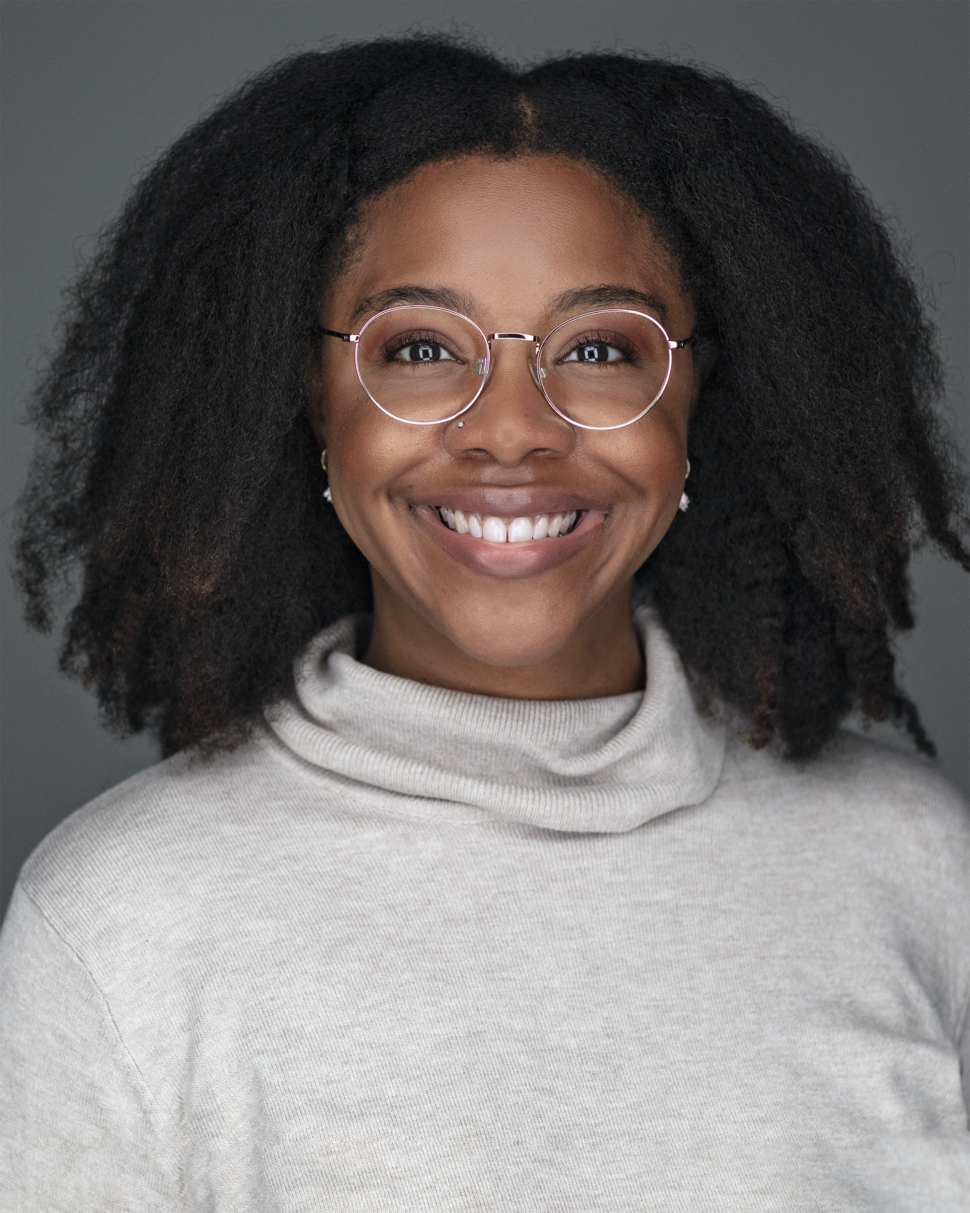Interview conducted by Giovanny Herrera Ossa, Ph.D., M.Sc., postdoctoral fellow in the Metabolic Epidemiology Branch (MEB).
Years at DCEG: 2019-2021
DCEG title: Postdoctoral Fellow
Current Organization: Moffitt Cancer Center. Department of Cancer Epidemiology
Current Title: Assistant Member
Who was your mentor at DCEG?
Rashmi Sinha, Ph.D., senior investigator in MEB, was my primary mentor, and Emily Vogtmann, Ph.D., M.P.H., senior investigator in MEB, was my co-mentor
What did you work on with them?
I started by working in methodological microbiome studies, trying to figure out the best ways to collect stool samples to support the development of large microbiome cohorts. Then, my work transitioned into studying the role of the microbiome in cancer etiology. I submitted an intramural research award shortly after I started in DCEG that was selected for funding. That award focused on the associations of the colon tissue microbiome and circulating bile acids with colorectal adenoma in a case-control study among average-risk women.
What is your current position?
I’m an assistant member of the Moffit Cancer Center, where I conduct research on the associations of the gut microbiome with cancer risk and progression. I am a newly designated PI of the ColoCare cohort at Moffitt, which is a cohort of newly diagnosed colorectal cancer patients in which stool samples and other biospecimens were collected serially over time. I am currently studying the microbiome to understand its relationship to outcomes in this cohort, as well as associated lifestyle factors.
How do you apply the skills you developed at DCEG in your current job?
I think having detailed training on how to conduct my own statistical analyses and on how to do my own programming was critical for my position. Now I'm able to mentor students, data analysts, and postdocs on how to conduct their own statistical and microbiome analyses. Having access to invaluable mentorship on topics related to epidemiological research was critical as well. I also think having the ability to think critically and ask good research questions has been really important. I have been able to apply this knowledge in my current position.
Besides research, how did you get involved in DCEG life and culture?
I made a lot of friends who were also postdocs at the time. I still keep in contact with many of these individuals. More broadly, I went to scientific conferences to be exposed to the scientific community. I also attended several professional development workshops, including working group meetings, grant writing workshops, and other workshops that were offered during the time that I was there.
What memories from your fellowship would you like to share?
I had the opportunity to attend the STAMPS Workshop, a week-long microbiome course which was supported by DCEG. I attended it with one of my best postdoc buddies, Yukiko Yano, Ph.D., M.P.H., now an independent research scholar in MEB, and we stayed in a dorm together in Woods Hole, Massachusetts. We learned in detail how to analyze the microbiome. It was a really fun and helpful seminar.
What do you do in your free time?
I have a daughter who is three years old, so she takes up a lot of my free time. I love to spend time with my family. I cook almost every day and work out or try to do some physical activity at least five to six times a week, including Pilates, strength training, and cycling.
Do you have any advice for current or future DCEG fellows?
I would suggest participating in the diversity of activities offered by the division, for example, attending the professional development workshops. If you have an interest in academia, I suggest seeking out opportunities to potentially write grant proposals, whether they be intramural or extramural via the K99 award for example. I also suggest to keep your options open. I think the skills that you develop at DCEG can be applicable across a diversity of institutions including academic institutions but also government, nonprofit, and even industry.
Do you have any advice for applying for grants (such as K99)?
Study examples because they can inform your research statement. Think about it early on because it's a lot to put together and many other people need to be involved. Have your mentors read over the application. If possible, seek out external mentors who are in academia on your committee for the K99 who are doing similar research in academic settings. Also, think about how to make sure your research aims are distinct from your mentor’s aims.
